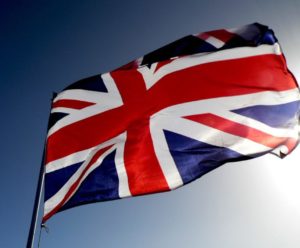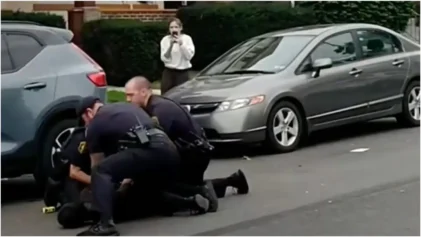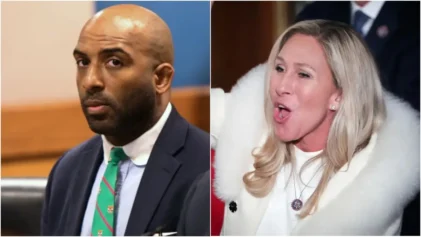
But the 700-page report, which covers all aspects of social life in the UK for the various races, religions and cultures, says there are indications that in several respects things are improving.
The report titled “How Fair is Britain” says the UK is increasingly at ease with diversity of all kinds, and intolerant of discrimination of any kind. But while it does point to a few areas where the circumstances of Afro-Caribbean people show signs of improving, for the most part the document’s reflection of the lives of Black Caribbean people in the UK makes dismal reading.
The report is issued by the UK’s Equality and Human Right Commission, chaired by Trevor Phillips, who is Black-British of Guyanese descent. It highlights a number of areas in which there are continuing shortcomings in British society based on race, social class, religion and other aspects but it concludes that things are in fact getting better.
According to the rights watchdog, there is much that should make people hopeful. It says many of the old biases are, if not vanquished, on their way out. But, it notes there is also a great deal still to be done; and there are new challenges emerging.
The report states in bold print that Black Caribbean people stand out as having lower levels of functional literacy, even among those for whom English is a first language. (The great majority of Afro-Caribbean people in Britain are from – or have roots – in the English-speaking Caribbean).
Only one in 10 Black Caribbean – and Black African – men are employed in managerial jobs, half the rate for all men in the country. However, on the plus side, Black Caribbean women are more likely than any other group of women to work full-time.
Read more here.


